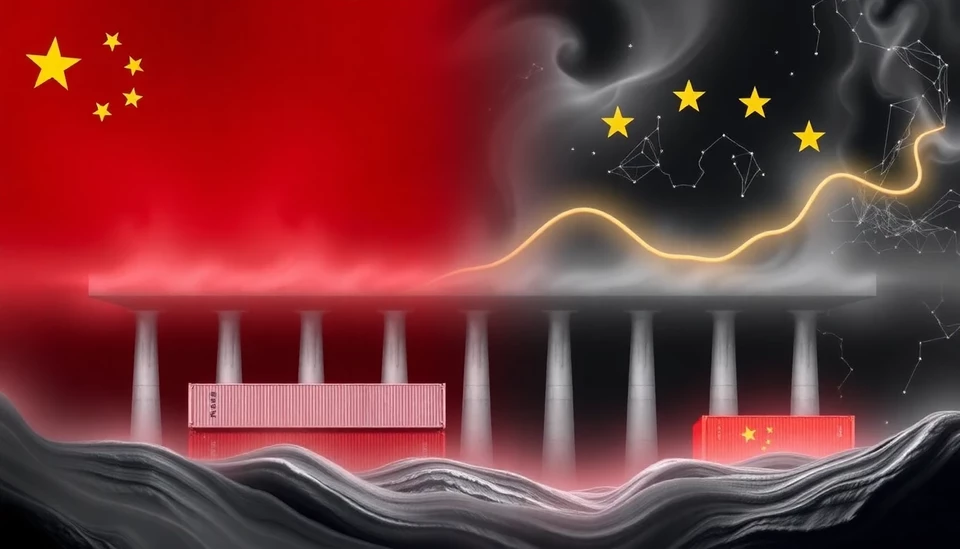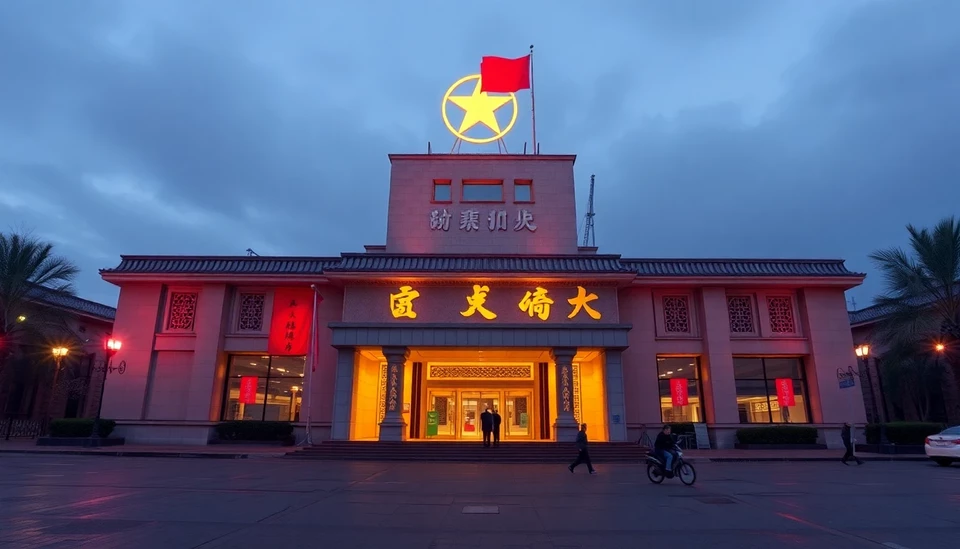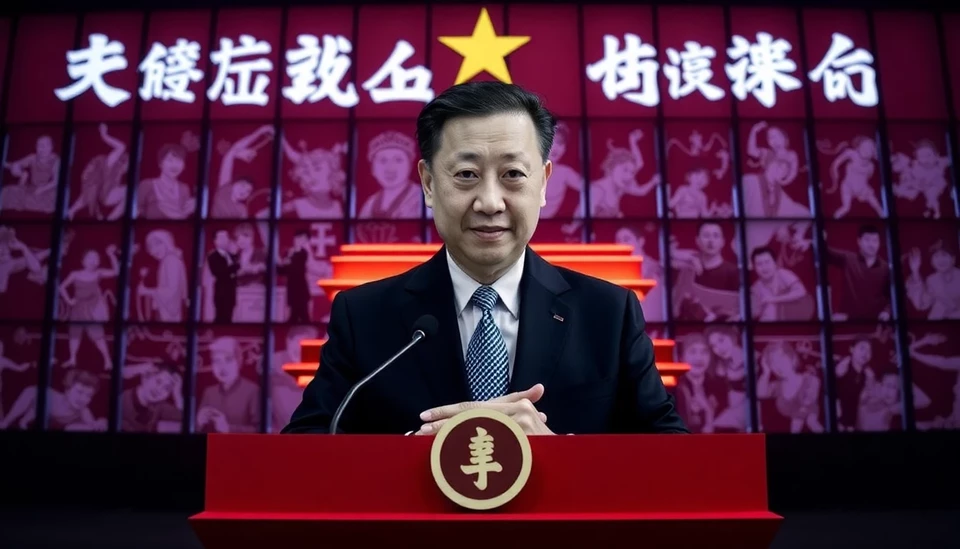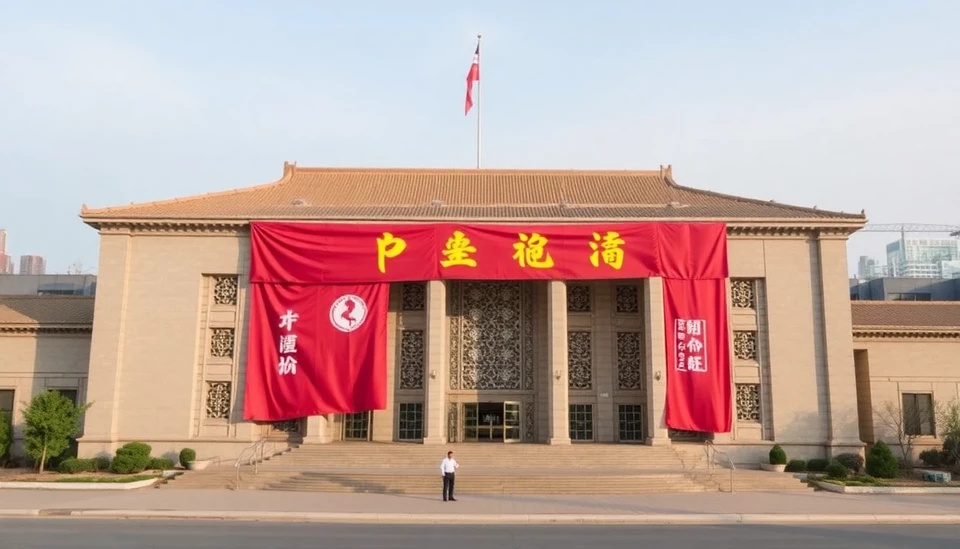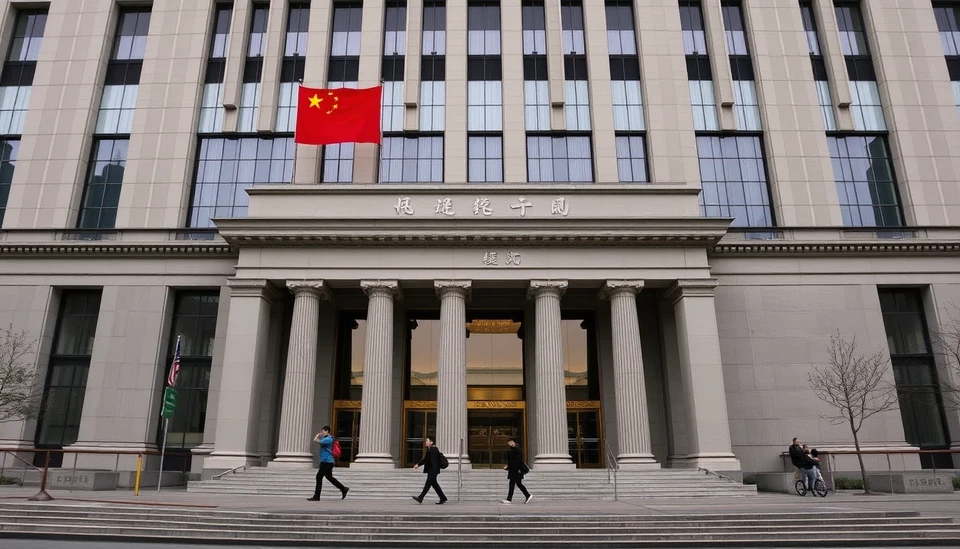
In a concerted effort to mitigate tightening liquidity conditions, the People's Bank of China (PBOC) has implemented significant short-term liquidity injections. This strategy aims to address the growing concerns about cash squeezes affecting market stability and economic activity.
The PBOC's decisive actions include the introduction of a series of reverse repurchase agreements (repos) totaling 500 billion yuan (approximately $76 billion). This move is intended to ensure that financial institutions maintain adequate levels of capital, particularly in light of increased demand for cash during this critical period.
With the ongoing challenges posed by the seasonal factors and tapering economic growth, the central bank is closely monitoring the market's liquidity needs. Analysts note that the PBOC's liquidity injections are crucial to alleviating pressure on bank lending and supporting broader economic stability amid various uncertainties.
Despite the central bank's interventions, liquidity conditions have remained strained primarily because of elevated corporate tax payments, which typically create short-term cash shortages in January. The PBOC is taking proactive measures to offset these pressures and to bolster overall economic sentiment.
Moreover, the move follows a series of policy adjustments that reflects the PBOC's commitment to a more flexible and responsive monetary policy framework. By increasing short-term liquidity, the central bank aims to maintain market confidence and facilitate smoother operations within the financial system.
Economists and financial experts suggest that the recent liquidity enhancements could pave the way for a more sustained recovery trajectory as businesses prepare for the challenges of the new fiscal year. In the broader context, these actions signal the PBOC's readiness to utilize various tools at its disposal to ensure that liquidity remains sufficiently robust amidst fluctuating economic conditions.
As market participants digest these developments, they remain watchful for further indications of the central bank's strategy, particularly in relation to future interest rate adjustments and other monetary policies that may influence economic momentum in the months to come.
In summary, the PBOC's proactive liquidity injections exemplify a strategic maneuver aimed at stabilizing China’s financial markets in the face of seasonal cash demands and broader economic uncertainties. The timing of these measures underscores the central bank's role as a stabilizing force in the economy, ensuring that both the banking sector and corporate entities have access to the necessary funds to operate effectively.
#PBOC #ChinaEconomy #LiquidityInjection #MarketStability #FinancialNews #EconomicGrowth
Author: Rachel Greene
